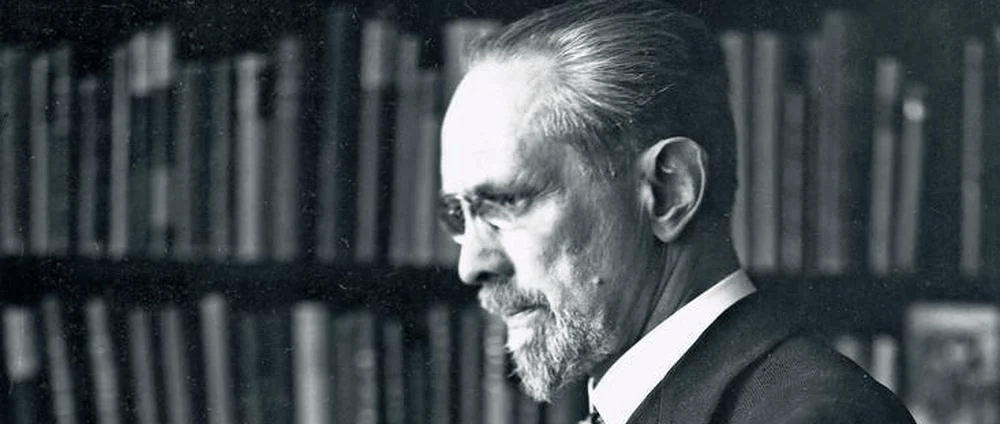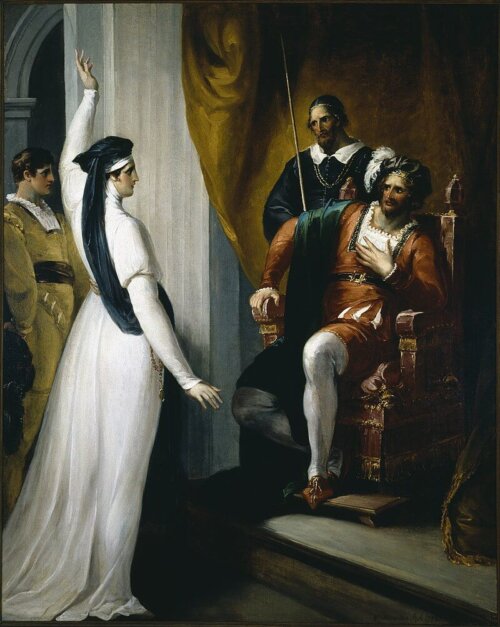Philosophy and Me: A Life of Thought Through the Centuries

The other day, I went to a new acupuncturist. We got to talking, I and the nice young man who’d been assigned to me for my initial session.
From the forms I filled out as a new client, he saw that I’d been a professor of philosophy.
“Has philosophy made progress over the centuries?” Noting that my reply was hedged about with qualifications, he asked how old the field of philosophy was.
“Well, in the West, about 2622 years, if you start with Thales of Miletus.”
“All those years, and you’ve not made any progress!” he exclaimed in amazement.
Though our conversation went on along interesting lines, I’ll stop my report of it here. Except to say that it prompted me to think about the relation of philosophy to its history.
When I started teaching and writing in the field, I considered myself a Hegelian. Georg Wilhelm Friedrich Hegel (1770-1831) takes the story of philosophy to be a progress through history. He defines each cultural era by its view of truth, its worldview. When a culture turns out to contain opinions about truth that are inconsistent, or else vulnerable to challenge from outside, it will give way to a successor that absorbs the gains while solving the problems of its predecessor – until it too faces the same dialectical challenge.
The trouble with claiming progress in history is that something has to embody the goal toward which the earlier struggles were leading. Hegel’s view of the endpoint was political: a state in which the main achievements of previous cultures would be retained and their defects overcome. In the Prussian state where he held his professorship, Hegel thought this consummation of history might be within reach. Since his day, history’s course would not appear to justify his optimism. But the question of progress (whether philosophic or political) might still be an open one.
As it happens, I’d just been reading a book about that question. In The Ordering of Time: Meditations on the History of Philosophy, George Lucas deplores the claim, prominent in my graduate school days, that the history of philosophy should be of no more interest to contemporary workers in the field than the history of chemistry is to present-day chemists. The branch of philosophy called “analytic” strove to exclude from the field questions that did not admit of clear-cut, unambiguous answers.
Since the name philosophy means “love of wisdom,” and wisdom – whatever it is or isn’t – can’t be a collection of simple answers to neatly delineated questions, it seemed in those days that the records of philosophy’s ancient calling were being readied for the attic.
Lucas’s account of how analytic philosophy took on that character seems to me thought-provoking, though not the whole story. At any rate, subsequent developments – some unfolding within the analytic branch itself – have lately reawakened interest in philosophy’s lineage: ancient, medieval, modern, romantic, nineteenth through twentieth century, and contemporary. For Lucas, these changes look promising. He holds that the study of Philosophy includes its history fully as much as does the study of Literature.
Once that history is taken seriously, Lucas distinguishes four main approaches by which philosophy might proceed.
By Refutation. (Think Descartes or Husserl.) Here the whole line of predecessors is deemed guilty of some big mistake. Lucas objects that this oversimplifies philosophy’s history. All the contributors haven’t made the same mistake; also the “refutation” itself might be misguided.
By Dialectic. (Think Plato or Hegel.) Here a single, progressive narrative is laid out. Philosophers get superseded if they prove inconsistent or inadequate to the relevant evidence. Lucas objects that this view forgets cases where a method or worldview is abandoned out of simple boredom. (Here I would respond on behalf of Hegel that boredom itself can be a marker or prompt for dialectical progress. If we think we’ve been there and done that — we could be right!)
By Passionate Engagement. (Think Socrates and his daimon, Aristotle and his “wonder,” Nietzsche and his madness.) Such an approach to history needs to be diverse and plural, since the passions of philosophers can’t be compressed into a single one — any more than the passions of nonphilosophers can be.
Rabbinic. This is the name Lucas gives to the approach he advocates. Emulating the practice of Talmudic scholars, philosophers should reflect and comment critically on the works of their predecessors, treating them as an inexhaustible resource. We can better realize our position on the timeline of history if we compare present problems and conditions to the paths already traveled by lovers of wisdom. What we’ve learned, that previous ages did not know, should be lifted out and integrated with whatever is still fruitful from earlier phases of the long philosophic conversation.




